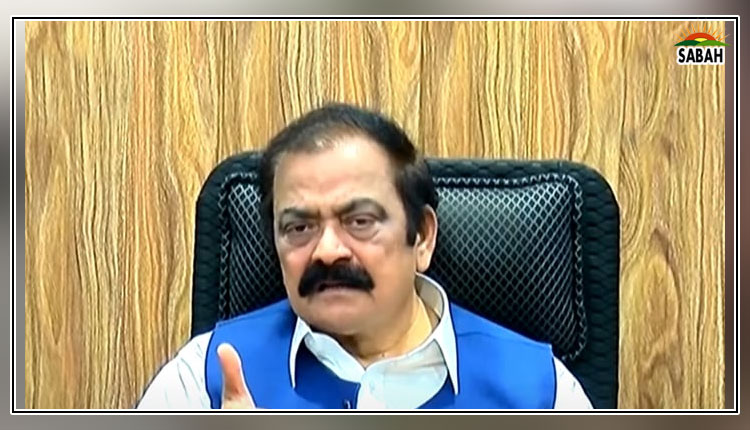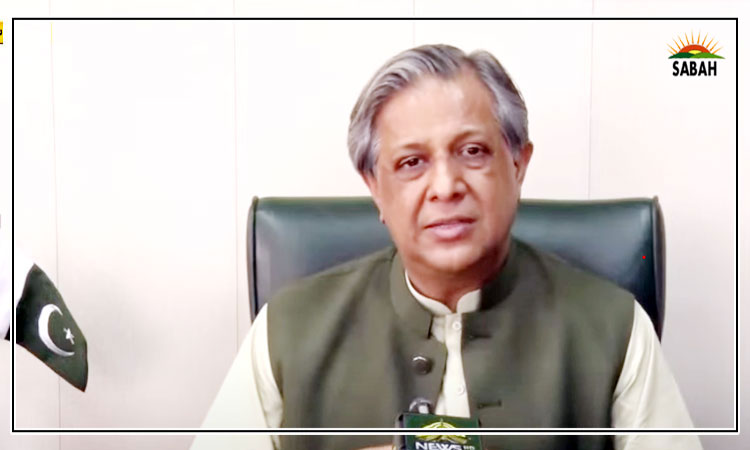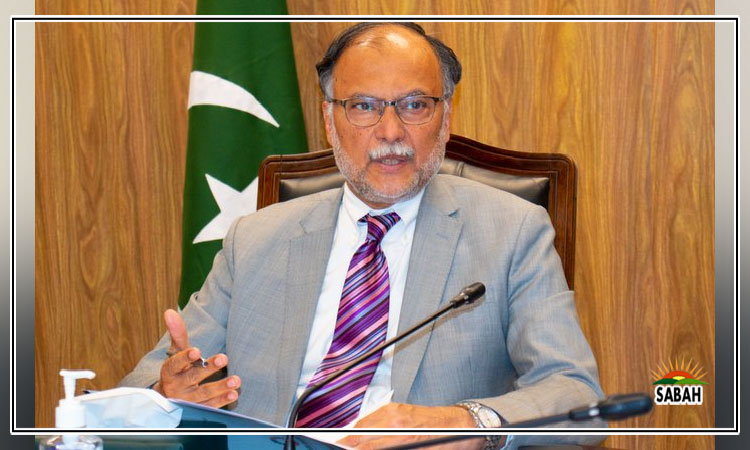Why the pain?… Zara Maqbool
I was listening to Dr. Gabor Maté, known for his expertise on addiction and childhood trauma, and he posed a very significant question regarding addiction. “And thus, the real question in addiction is not why the addiction, but why the pain?
Working with individuals addicted to drugs, sex, alcohol or pornography, etc., is common in my therapy practice. Men and women from all age groups and walks of life seek therapy to work on their addictive behaviors. Early in my career, when working in addiction rehab, I felt overwhelmed as a trainee. I felt guilty for not knowing anything about addiction or having any specialized training to work with addiction. I felt nervous in the therapy room and intimidated by the ‘addict-client’ sitting before me. I felt empathic towards his distress and helplessness over his addiction, which he had no control over and was vulnerable to even though he badly wanted to stop. For me, the addiction, be it drug or alcohol, was a larger-than-life ‘something’ that had the power to destroy a human being’s life at so many levels and isolate and outcast him from ‘normal society.’
I would start a well-intentioned therapeutic journey with the client as we would work to eliminate the addiction (enemy) by exploring what caused it and, more importantly, work on behavioral changes, but somehow that model wasn’t working. Many clients kept returning to rehab but could not escape the addictive cycle. They would succeed in achieving short-term change but it never lasted.
I then wondered what purpose the addiction served for a particular client. What made him so helpless that he was blinded to everything else? How was it helpful? Why did the drug, for example, become the ‘best friend’ in this individual’s life? Many clients expressed a typical pattern of relationship to the addiction. The individual felt an anxious impulse inside; he would try to sit in that anxiety until the feeling became intolerable and overwhelming. Only through addiction would this uncomfortable feeling become numb and dissipate. After fulfilling the need, feelings of shame and regret would start, and when those feelings would overpower, another puff, another drink, and the cycle would continue. I realized that the addiction provided ‘control’ over those feelings, and why would anyone not try anything under the sun to fight emotional pain?
Pain. All those feelings were painful, and the addiction was an escape. So, the real question is why the pain and not why the addiction. On exploration, I would learn about childhood traumas around all kinds of abuse, toxic family systems, etc. The child experiencing the pain has no support to process the pain, and as he grows up and bumps into the addiction by accident, the pain stops, and the addiction starts.
Why would he not go back to the addiction that gives him relief from intolerable pain? Which provides peace, calmness, and a sense of control, in a life where he is constantly drowning? He wants to stop hurting for as long as he can, and I could not imagine how painful the pain must be that the need to forget it became more important than any destruction it caused in the aftermath.
So, if any one of you is experiencing any addiction, ask yourself what the addiction does for you.
You are hurting. Deeply. The’ addiction’ always helps you feel your feet on the ground. You know that the pain might leave you for a few hours, but it comes back stronger and won’t go anywhere unless you relate and resolve it the way it deserves.
Courtesy The Nation












